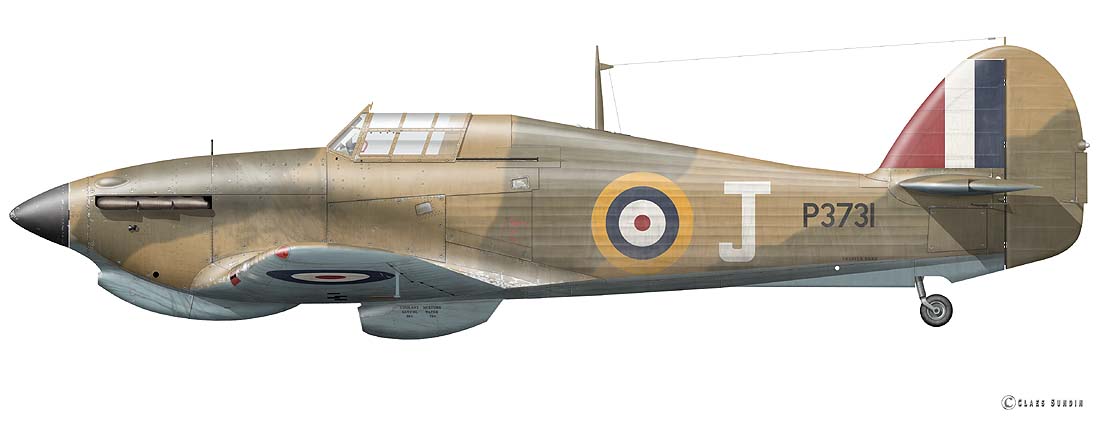


|
After Hitler decided to send the Afrika Korps under General Erwin Rommel to Libya to save the situation in this theater of war. The British fortress of Malta was subjected to furious German-Italian air strikes on a scale not seen before. However by this time the British had manage to brought forward modern fighter aircraft types, such as the Hurricane and the Fulmar to the Island and the Axis suffered mounting losses on their operations, by others 8./LG 1, lost six of their twelve Junkers Ju 88s in the space of a week. To sort out this situation, the Luftwaffe sent Messerschmitt 109 fighters to Sicily, the 7./JG 26. This Staffel was led by the 22-year-old Leutnant Joachim Müncheberg, one of Adolf Galland adepts. Münchebergs twelve Messerschmitt 109's, immediately started their attack on British aircraft in the air over Malta. On February 12, they started out by bouncing six Hurricane from the British 261st Squadron and shot down three without any own losses. In the course of five days, Münchebergs pilots struck the morale of the 261st Sqn in shambles, something it would never would recover from. In three months time Münchebergs 7./JG 26 would completely change the nature of the air war over Malta. While the Luftwaffe increased its operations from 450 mission in January to over 500 in March and 755 in May, the monthly German losses fell from 21 to ten and only six aircraft in May. When 7./JG 26 in May 1941 left Sicily to be transferred to North Africa, they had claimed 38 British aircraft - twenty of them by Müncheberg personally - without having lost a single pilot. Meanwhile the bombers of the X. Corps manage to destroy most of the heavy equipment in Valletta's harbor, including Royal Navys repair installations, that was so badly damaged that they could only operate at half capacity. All this gave
effective protection to the convoys that in February and March
1941 brought over Rommel's Afrika Korps to Libya. At the end
of March 1941 Rommel counterattacked and drove the British back
to the Egyptian border. |
|
|
|
|
|
|